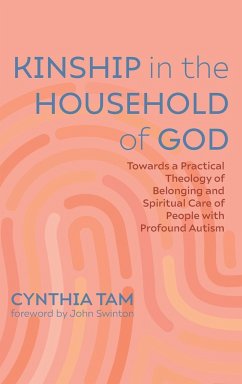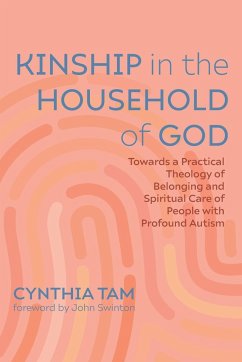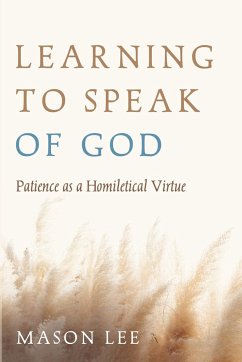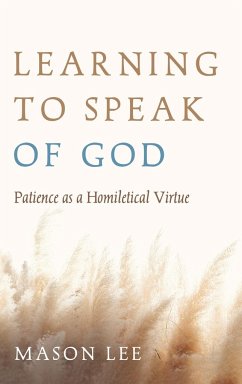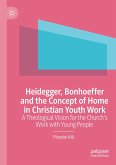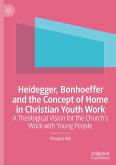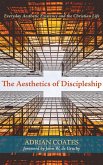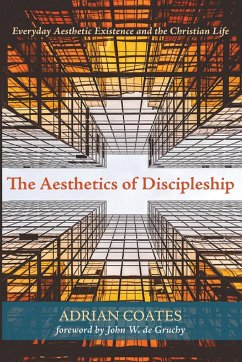This unique volume contributes a profound-autism perspective to the ongoing discussion of belonging in the church. By taking readers into two church communities, the author explores the issues of belonging from those least welcomed by the church and consider what the church should do differently. Adopting a "we" approach, she emphasizes the unity of different members in Christ. As one body in Christ, all believers share Christ's sonship and become children of God. The household concept invites readers to reconceptualize Christian relationships as covenantal kinship. The kinship relationship is established by God's covenantal commitment fulfilled in Christ. With or without autism, any person who obeys God's summons is incorporated into Christ's body by the Spirit to become God's child. Believers are thus siblings to one another. Viewing each person this way enables us to see beyond human differences and welcome one another as God's gifts and indispensable members of the community.

